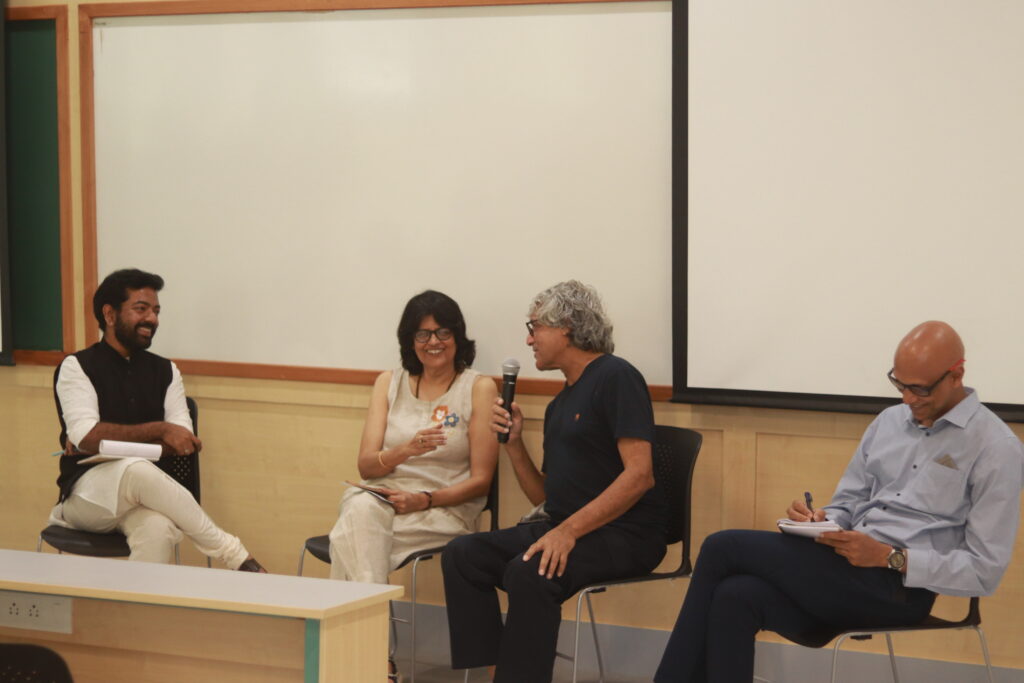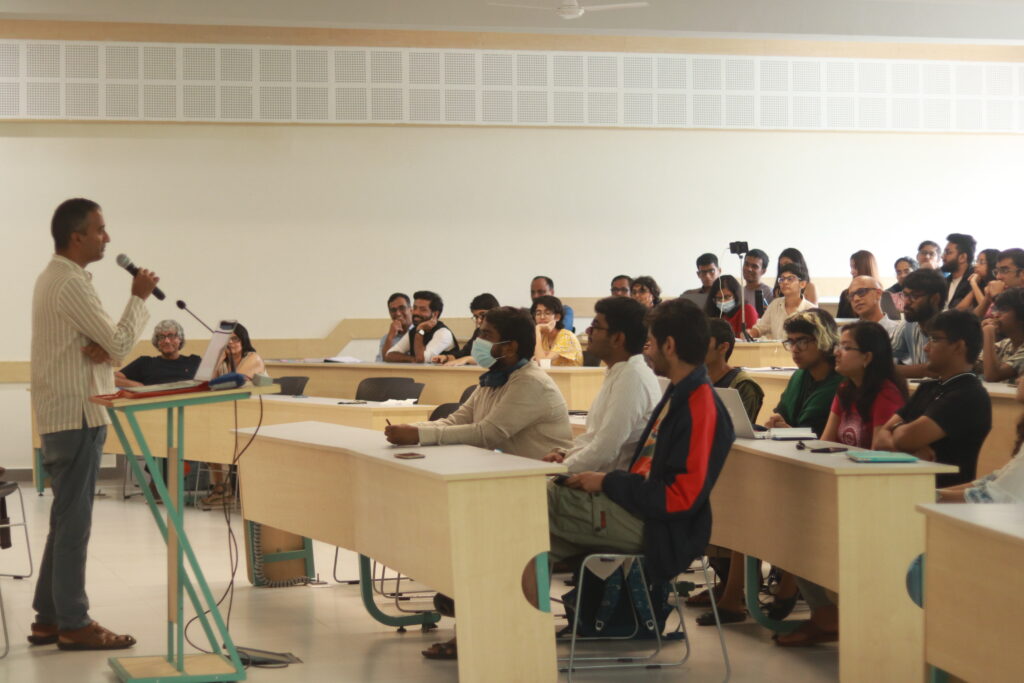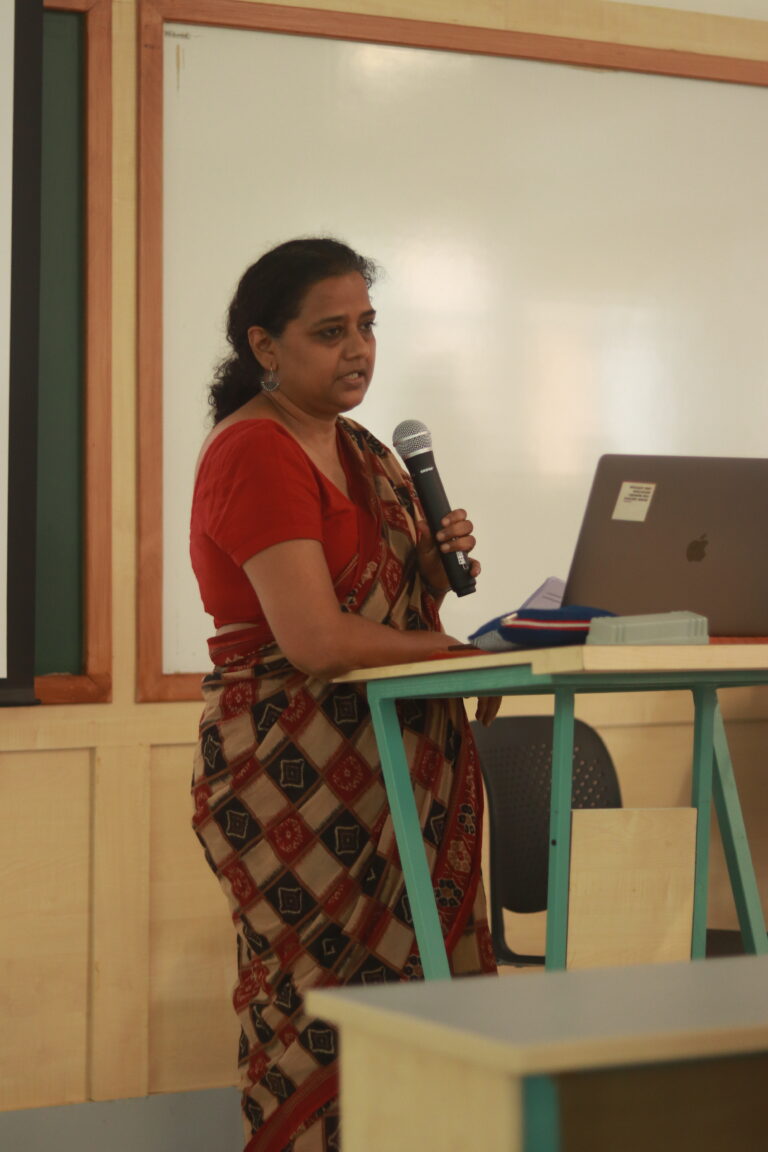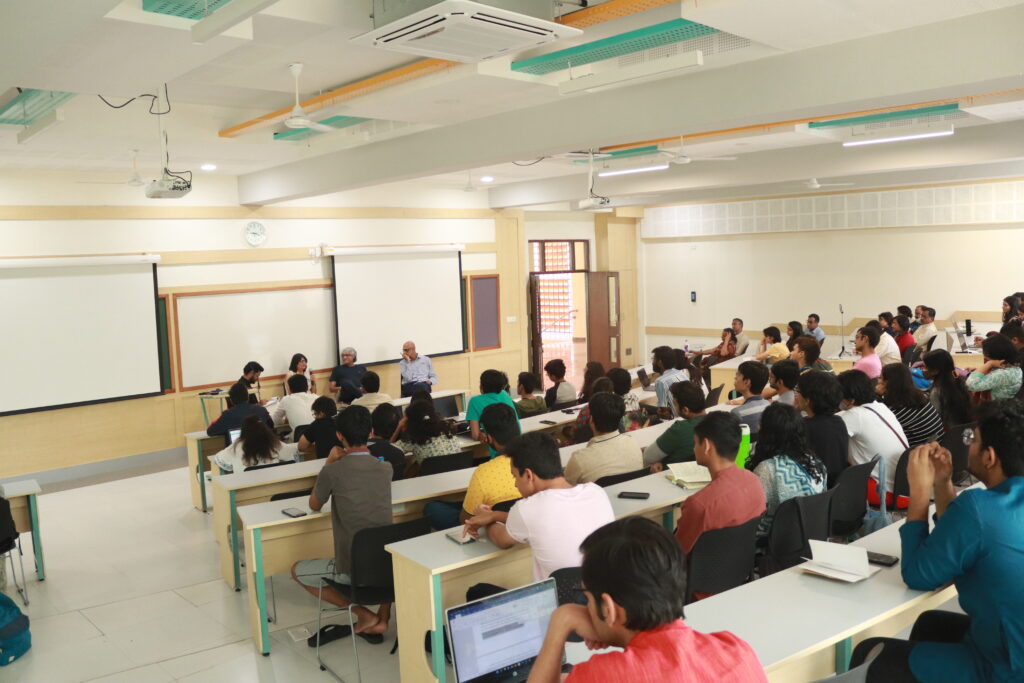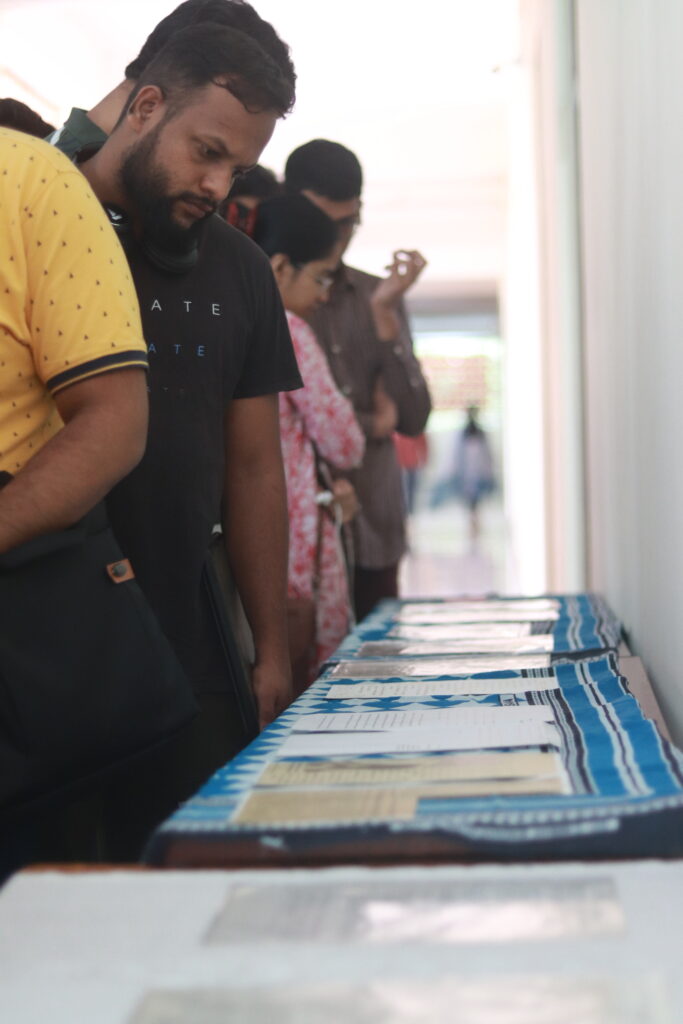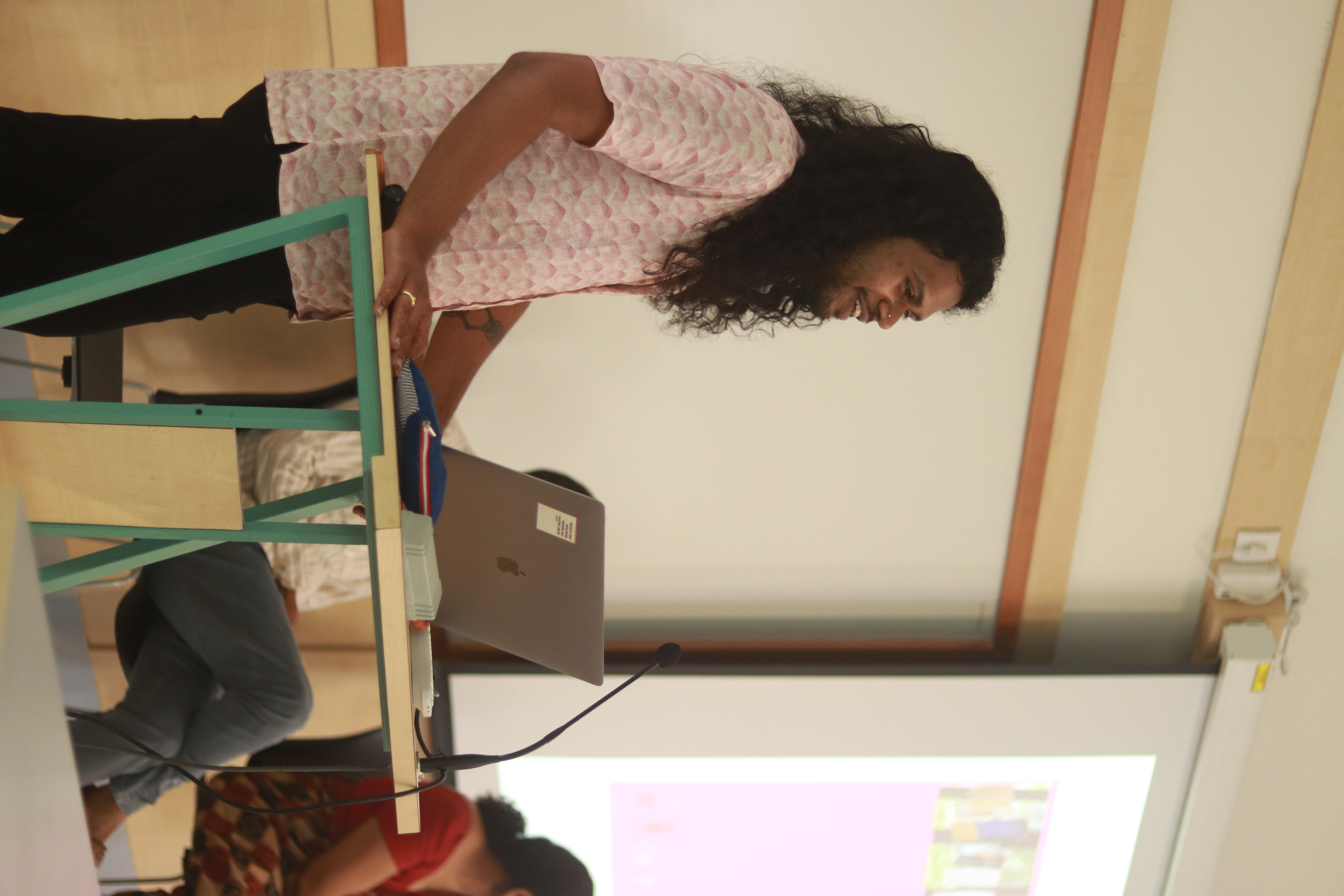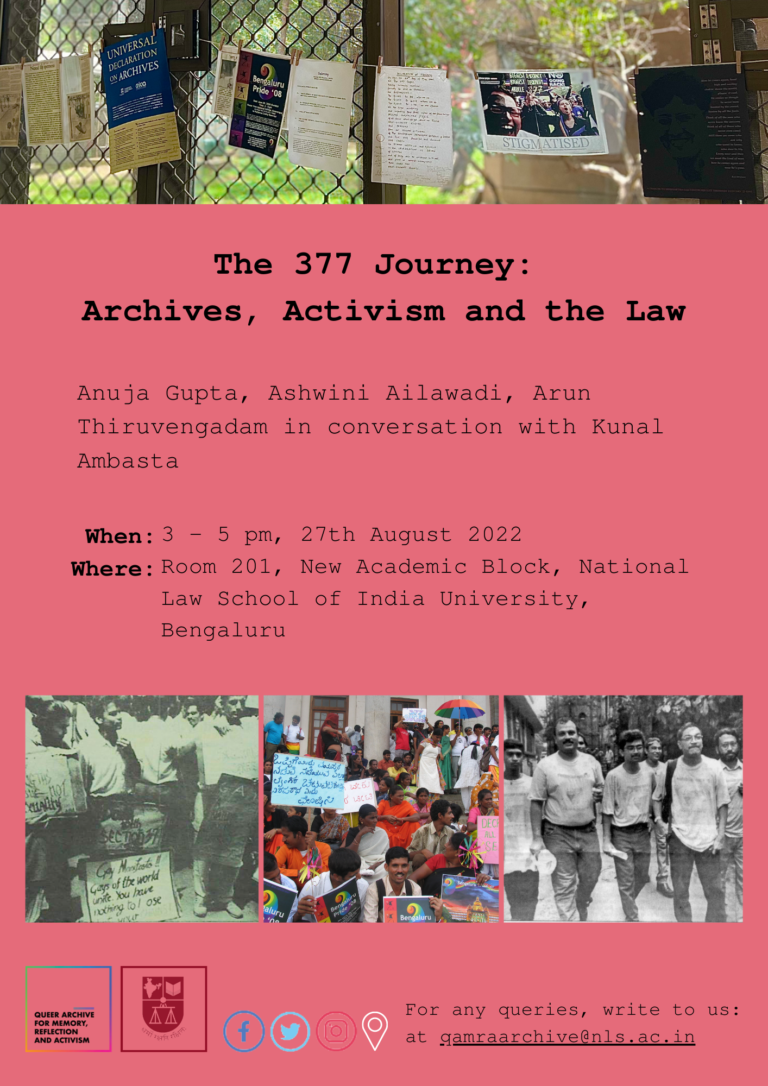
‘The 377 Journey: Archives, Activism and the Law,‘ was our first on-campus event.
Section 377 of the Indian Penal Code symbolised all that was wrong with our sexual universe from the viewpoint of the right to love, the right to dignity and the right to equality and expression. The court battle spanning seventeen years got its final quietus with the reading down of Section 377 in Navtej Singh Johar v Union of India in 2018. What were the various strands of activism, resistance and legal strategy which went into achieving the final result ? Who were the pioneers of this battle? How do we tell their story ? As much as the archive is about the past, it is also about the future. What is the significance of the verdict for Indian constitutional law ?
To look at some of these fascinating questions, QAMRA presents a conversation between Anuja Gupta, Founder of RAHI, Ashwini Ailwadi, co-founder of RAHI, who were both part of the team that filed the first petition against Sec 377 in the Delhi High Court in 1994; Prof. Kunal Ambasta, NLSIU; and Prof. Arun Thiruvengadam, NLSIU, to tell another story about the verdict in Navtej Singh Johar v Union of India.
